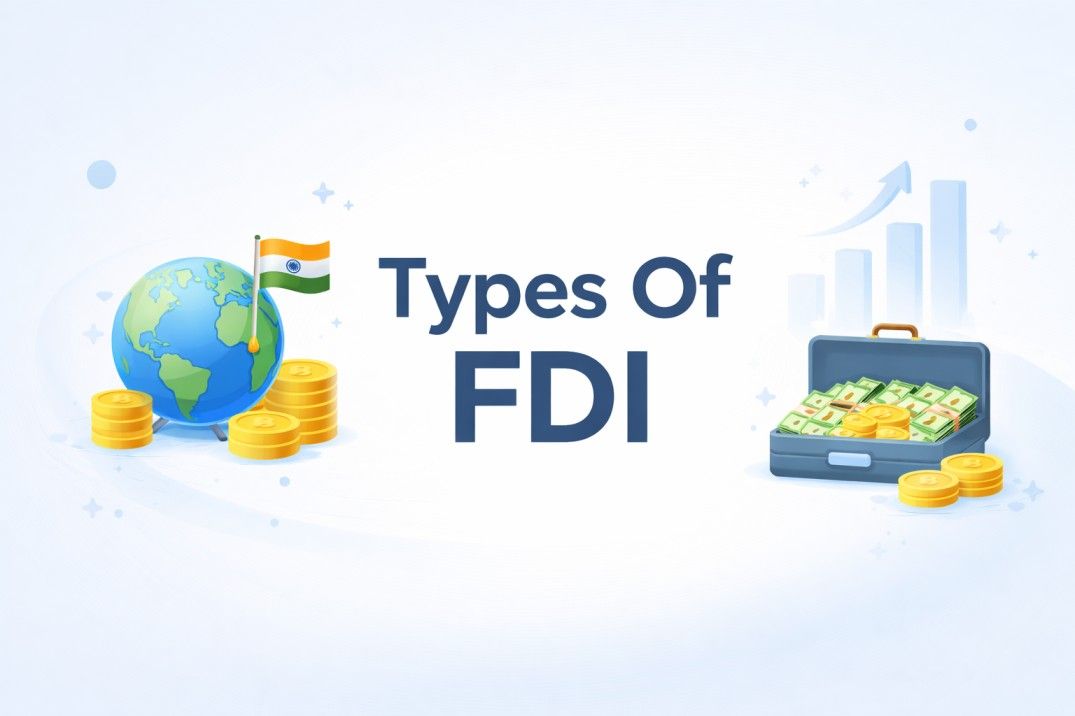- Home
- Blog
- Demat Account
- What is a Basic Service Demat Account (BSDA)?
- What is a Basic Service Demat Account (BSDA)?
What is a Basic Service Demat Account (BSDA)?

- Published Date: February 21, 2024
- Updated Date: June 17, 2025
- By Team Choice
What is BSDA?
The full form of BSDA is Basic Service Demat Accounts. In 2012, the Securities and Exchange Board of India introduced Basic Service Demat Accounts or BSDA, a special type of Demat account intended for investors with smaller portfolios (holdings below ₹10,00,000). It is specifically designed to cater to those who do not frequently invest in stocks, ETFs, or mutual funds.
SEBI recently increased the securities holding limit for Basic Service Demat Accounts (BSDA) from ₹2,00,000 to ₹10,00,000, effective from September 2024. This move aims to encourage greater participation from small investors in the stock market. In this blog, we will explore the charges associated with BDSA and discuss its limitations in detail.
Benefits of a Basic Service Demat Account
Let’s take a look at the benefits of BSDA:
- Lower maintenance costs: BSDA offers reduced annual maintenance charges for smaller portfolios.
- Affordable for small investors: Designed to support retail investors with limited capital.
- Simplified investment management: Easy to hold and track securities electronically.
- Encourages stock market participation: Low-cost entry promotes investment by small investors.
- No fees for small portfolios: Zero AMC charges for accounts with holdings up to ₹4,00,000.
- Reduced risk of paperwork loss: Safeguards against loss or theft of physical certificates.
- Broader access to financial instruments: Allows holding of stocks, mutual funds, ETFs, and bonds.
Eligibility Criteria for a Basic Service Demat Account
1. The account holder must either already have or intend to hold only one demat account, where they are the sole or primary holder.
2. An individual can only hold one BSDA across all depositories.
3. The total value of securities should not exceed ₹10 lakh at any given time.
4. Depository Participants (DPs) will open a BSDA for Beneficial Owners (BOs) who meet these conditions. The BO must provide email consent to avail of a regular demat account if they wish to continue with it.
5. DPs must reassess existing BOs' eligibility within two months from the circular’s effective date and convert qualifying accounts into BSDAs unless the BO opts to keep a regular demat account. This review will occur at the end of each billing cycle.
Charges Levied on a Basic Service Demat Account
Here are the charges associated with BSDA as per the SEBI’s new guideline:
a) AMC (Annual Maintenance Charges):
Value of Securities Holding | AMC Charges Levied |
Up to ₹4 lakhs | ₹0 |
₹4 lakhs to ₹10 lakhs | ₹100 + GST/year |
Holdings above ₹10 lakhs | Same as a regular Demat account |
b) Statements:
Electronic statements for BSDA will be provided at no charge, while physical statements can be issued for a fee of up to ₹25 per statement.
c) Additional Charges:
These include charges for cheque bounce, rejection of a Delivery Instruction Slip (DIS), rejection of a Demat Request Form (DRF), and standard transaction and other applicable fees.
Converting a Full-Service Demat Account into a BSDA
Any full-service Demat account can be converted into a Basic Service Demat Account (BSDA). However, SEBI (Securities & Exchange Board of India) may review the investor's eligibility before approving the conversion. Therefore, the approval of this change depends on SEBI's verification process.
Before submitting a request to convert your existing account into a BSDA, you must ensure that you do not hold any other Demat account as the sole holder. If you have more than one such account, your application will be immediately rejected. Additionally, if your holdings exceed ₹10 lakh or you open another Demat account after the conversion, your BSDA will automatically revert to a full-service Demat account.
SEBI Regulations for BSDA
SEBI (Securities and Exchange Board of India) has established specific regulations for Basic Service Demat Accounts (BSDA) to promote small investor participation and ensure cost-effectiveness. Here are the key SEBI regulations for BSDA:
1. Eligibility Criteria:
- An individual can hold only one BSDA across all depositories.
- The account holder must either be the sole or first holder of the demat account.
- The total value of securities in the account must not exceed ₹10 lakh at any point.
2. Charges:
- Annual Maintenance Charges (AMC): No AMC for holdings up to ₹4,00,000. Reduced AMC for holdings between ₹4,00,001 and ₹10,00,00, as specified by SEBI.
- Electronic Statements: Provided free of charge.
- Physical Statements: May be issued for a fee not exceeding ₹25 per statement.
3. Conversion of Accounts:
- Investors with regular demat accounts can convert them into BSDA if they meet the eligibility requirements.
- If an investor exceeds the ₹10 lakh holding limit or opens an additional demat account, the BSDA will automatically convert into a full-service demat account.
4. Periodic Review:
- Depository Participants (DPs) are required to reassess the eligibility of BSDA holders periodically at the end of each billing cycle and convert accounts as necessary.
5. Consent Requirement:
- Beneficial Owners (BOs) must provide specific consent through their registered email to avail of a regular Demat account if they choose not to maintain a BSDA.
Steps to Open a Basic Service Demat Account
Here are the steps to open demat Account :
1. Choose a Depository Participant (DP):
- Select a DP (such as a bank, brokerage, or financial institution) that offers BSDA services. Ensure that the DP is registered with either NSDL (National Securities Depository Limited) or CDSL (Central Depository Services Limited).
2. Check Eligibility:
- Ensure you meet the eligibility criteria set by SEBI:
- You should not have more than one Demat account in your name.
- The value of securities in your account should not exceed ₹10 lakh.
3. Complete the Account Opening Form:
- Obtain the BSDA application form from the DP.
- Fill in the necessary personal details, including name, address, and bank account information.
4. Submit KYC Documents:
- Provide Know Your Customer (KYC) documents, including:
- Proof of identity (e.g., Aadhaar card, PAN card, passport).
- Proof of address (e.g., utility bill, passport, Aadhaar card).
- PAN card (mandatory for all demat accounts).
5. In-Person Verification (IPV):
- Some DPs may require you to undergo an In-Person Verification (IPV), where you will either visit the DP’s office or connect through video verification to confirm your identity.
6. Submit a Nomination Form (Optional):
- You can submit a nomination form to designate a nominee for your account in case of unforeseen circumstances.
7. Account Processing:
- After submitting your application and documents, the DP will verify your information and process the account opening request.
8. Receive Account Details:
- Once approved, you will receive all your Demat account details.
Final Words
A Basic Service Demat Account or BSDA’s meaning refers to a basic version of a regular Demat account. It is an excellent solution for small investors looking to enter the stock market with minimal costs. Offering reduced maintenance charges and simplified access to securities, BSDA encourages broader participation without the burden of high fees.
With SEBI's regulations ensuring transparency and ease of use, BSDA is a valuable tool for those seeking to manage modest portfolios efficiently. Whether you're a new investor or someone with limited holdings, BSDA offers a cost-effective way to grow and manage your investments.
Recommended for you

FII DII Data - Live Data

Copper Price Forecast for Next Week

Types Of Foreign Direct Investment (FDI): Benefits, and Key Factors
